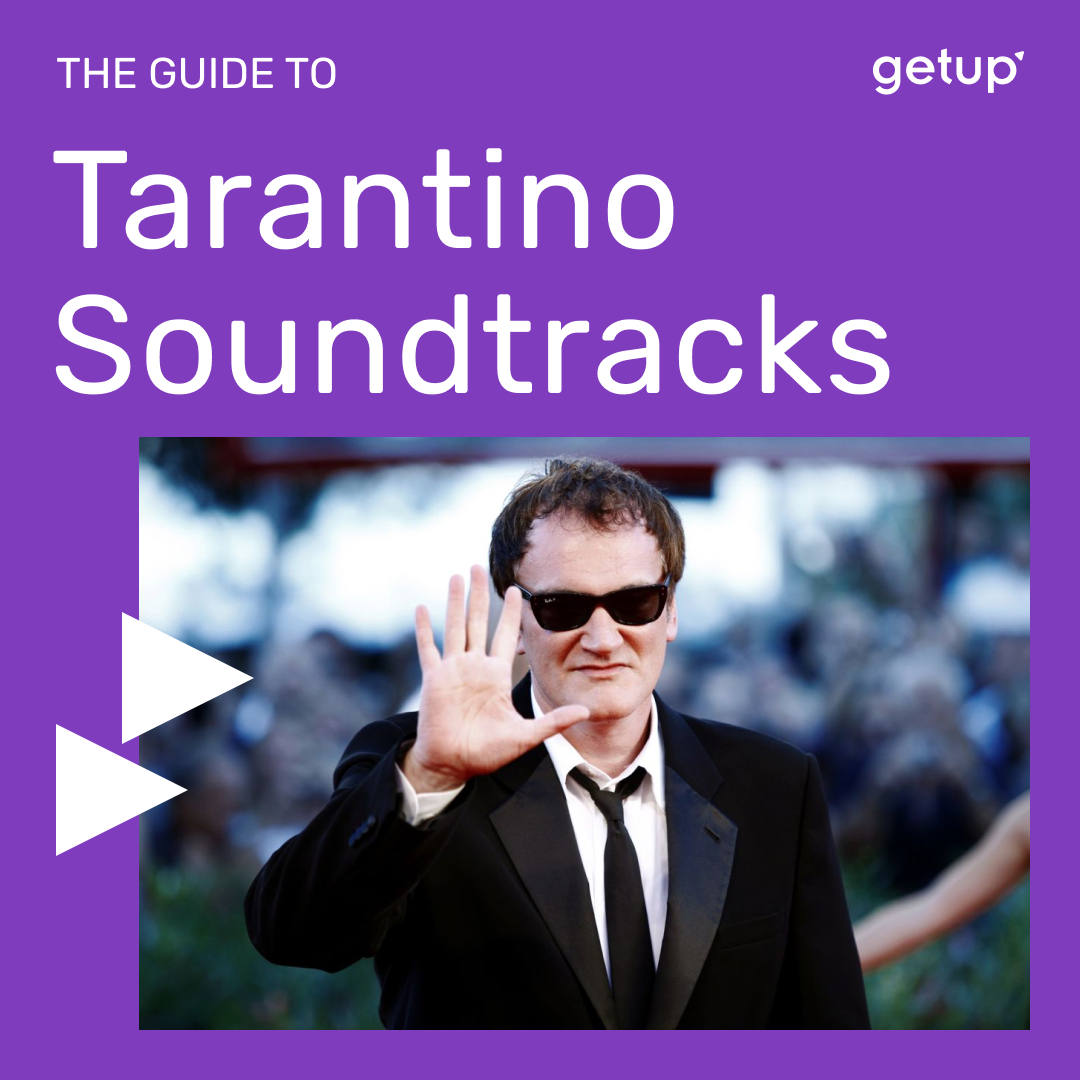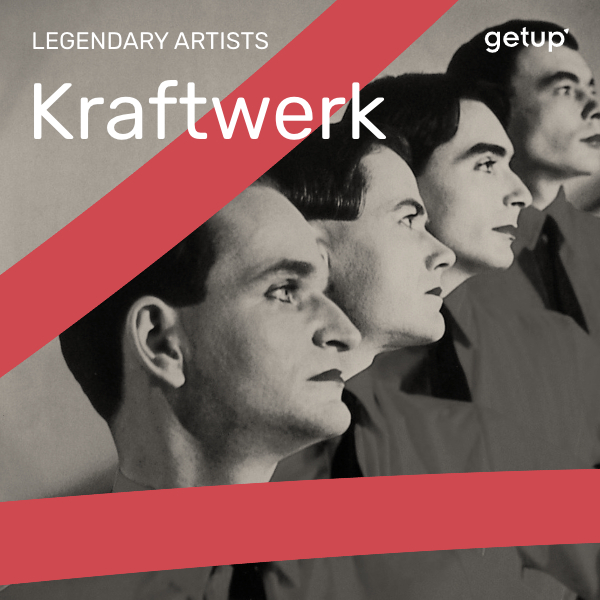Krautrock was the name British critics used to rib the music scene born out of Germany in the late sixties. A diverse range of groups started to emerge, with little in common save their rejection of their country’s recent past, and of British and American fashion. This tabula rasa created Stockhausen and Fluxus, mixed Arabic and Middle-Eastern music with electro instruments, and formed a liberating no man’s land.
Amon Düül were the forerunners of this movement. Formed in Munich in 1967, it was more of a political community than a real band. Their ‘music’ mainly consisted of group improvisations whilst on psychotropic drugs. In 1969 the group split up because some of its members wanted to play more structured, thought out music (Amon Düül II). Not far from Munich, in Switzerland, Brainticket was coming together around Joel Vandroogenbroeck, their music telling of drug-fuelled delusion.
In West Berlin there was the equivalent of the Warhol Factory: The Zodiak Club. Many musical improv sessions took place there, and it’s where Edgard Froese (guitar), Klaus Schulze (drums) and Conrad Schnitzler (violin, cello) played under the name Tangerine Dream. In Heidelberg another power trio, Guru Guru, combined free jazz and Hendrixian rock with the scent of LSD.
Back in Munich, Florian Fricke – the mastermind behind Popol Vuh – composed music that heralded the new age. The director Werner Herzog, a childhood friend, asked him to work on his films including Aguirre, Wrath of God. In Cologne, Can was born. The influence of their free and informal improvisations, compositions, and hypnotics, can still be felt today.
A certain Achim Reichel quit his very successful pop group The Rattles, in order to form A.R & Machines, and transform John Lee Hooker’s blues into something psychedelic, using multiple looping and sound effects. And back in Cologne were the slightly less trippy Gomorrah, who were perhaps sticking a little too closely to English progresive rock. In Berlin, Manüel Göttsching (guitar), Klaus Schulze (drums), and Hartmut Enke (bass) were improvising powerfully atmospheric and ambient space rock under the name Ash Ra Tempel.
North-West Africa (and probably the hash associated with it) inspired groups like Embryo and Agitation Free. In Düsseldorf, alchemy gave birth to NEU! – a harmony between the motoring drums of Klaus Dinger, Michael Rother’s etherial guitars, and Conny Plank’s production. In Berlin, the duo Cluster (Moebius and Roedelius) developed their anxious, atonal drone. Elsewhere, in a small village near Hamburg, a producer from Polydor had the (somewhat absurd) idea of forming an equivalent of The Monkees, krautrock-style. Rather than responding to the needs of the market however, the band recorded a Dadaist version of “I’m Waiting For My Man” by The Velvet Underground. Commercial potential = 0.
.jpg)



.jpg)

